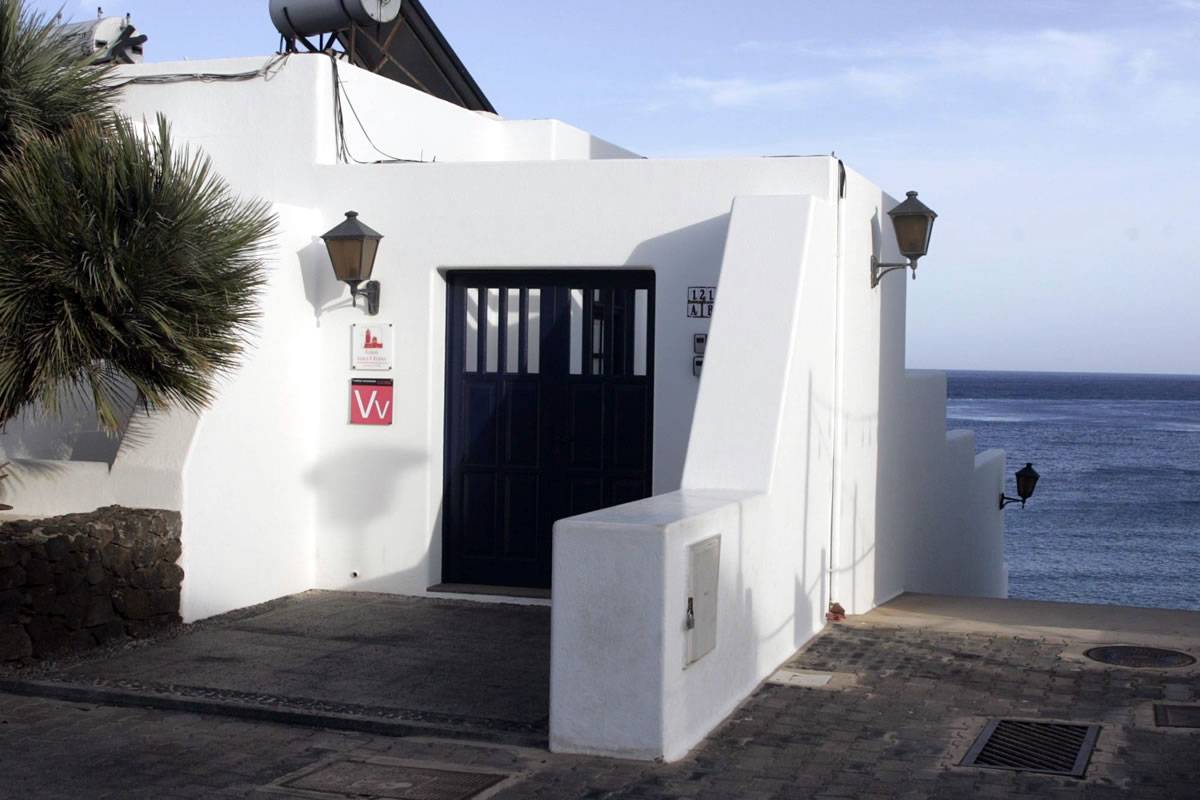New regulation changes rules for short-term rentals from January 2nd
- 31-12-2024
- National
- Canarian Weekly
- Photo Credit: Stock image
On Thursday, January 2nd, a groundbreaking new regulation will reshape the short-term property rental market in Spain. While the law officially comes into force at the beginning of the year, it will not be fully implemented until July 1st, allowing businesses and administrations a six-month adaptation period.
This new framework, passed by the Spanish government in the final Cabinet meeting of 2024, introduces a mandatory registration system and digital reporting requirements for anyone doing short-term holiday lets.
A Unified Registry for Short-Term Rentals
Under the new law, a centralised registry will be established to track short-term rentals, seasonal lets, and rented rooms. Property owners will be required to obtain a registration number before offering their properties on digital platforms such as Airbnb or Booking.com.
This measure aims to improve transparency and regulation of short-term rentals, aligning Spain with the European Union’s new standards on rental data reporting.
Spain becomes the first EU country to implement this directive, setting a precedent for a harmonised system across member states. This system mandates a unique registration number for all short-term rental properties, which must be communicated to online platforms to ensure compliance.
Key Obligations for Landlords
From July 1st, all landlords renting properties for short stays must adhere to several requirements:
- Registration Number: Obtain a unique number from the Property or Movable Assets Registry for each rental property.
- Data Submission: Provide all required property and rental information, updating it promptly if any changes occur.
- Platform Communication: Share the registration number with digital platforms, ensuring listings comply with the new regulations.
These obligations apply to all types of short-term rentals offered for economic gain, including holiday rentals, seasonal lets, and room rentals, as long as they are marketed through transactional online platforms.
Why This Change Matters
The regulation aims to address issues of housing availability, unregulated tourism growth, and tax compliance. By establishing a unified database, authorities can better monitor the short-term rental market, mitigate housing shortages in urban areas, and ensure landlords meet their fiscal responsibilities.
This change also creates a level playing field between traditional accommodation providers, such as hotels, and short-term rental hosts, addressing long-standing concerns about competition and regulation in the tourism sector.
Transitional Period for Adaptation
The government has built a six-month transition period into the regulation, giving property owners, digital platforms, and local administrations time to prepare for the July 2025 enforcement deadline. During this period, landlords are encouraged to familiarise themselves with the new requirements and begin the registration process.
As Spain leads the way in implementing EU-wide rental reforms, property owners and platforms must prepare for stricter oversight and new operational requirements. With the July deadline fast approaching, those involved in the short-term rental market will need to act swiftly to ensure compliance.
Other articles that may interest you...
Trending
Most Read Articles
Featured Videos
TributoFest: Michael Buble promo 14.02.2026
- 30-01-2026
TEAs 2025 Highlights
- 17-11-2025



























































